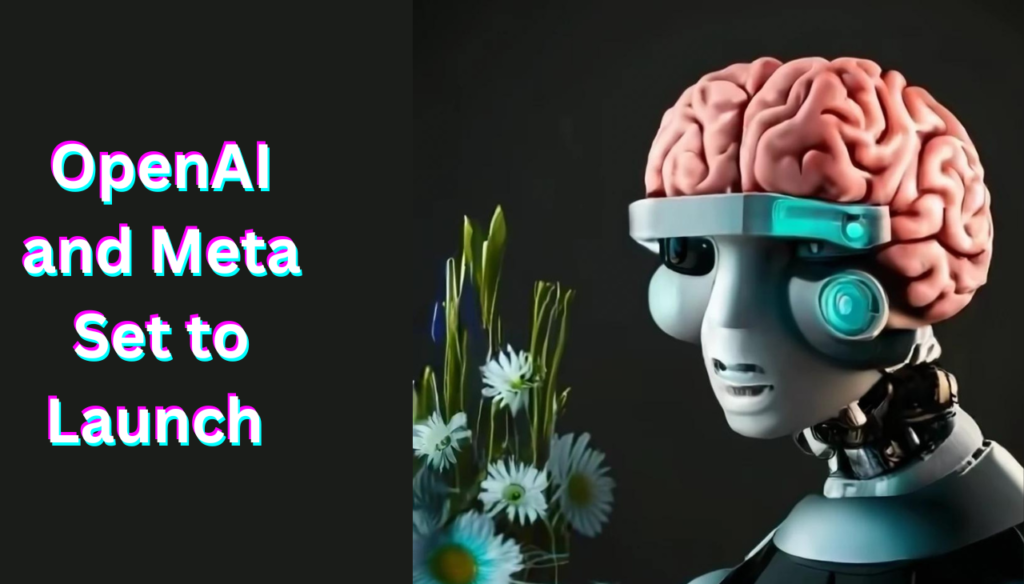OpenAI and Meta, two leading companies in the field of artificial intelligence (AI), are poised to introduce groundbreaking AI models capable of reasoning like humans, according to a recent report. The Financial Times revealed that both companies are gearing up to unveil advanced AI models designed to tackle complex tasks and solve challenging problems.
Brad Lightcap, the chief operating officer of OpenAI, shared insights with The Financial Times, emphasizing that the next iteration of their renowned GPT (Generative Pre-trained Transformer) model would demonstrate significant advancements in addressing “hard problems,” particularly in the realm of reasoning. Lightcap expressed optimism, suggesting that the potential of these models to reason is only beginning to be explored.
Echoing similar sentiments, Meta, formerly known as Facebook, indicated a parallel trajectory for its forthcoming Llama 3 model, anticipated to debut in the near future. Joelle Pineau, Meta’s vice-president of AI research, affirmed that the company is diligently working on enabling the model to engage in conversations, reason, plan, and retain memory.

Despite attempts to reach out for comments from representatives of Meta and OpenAI, there has been no immediate response, underscoring the anticipation surrounding these developments.
The pursuit of imbuing AI models with the capability to reason and plan signifies a crucial stride towards achieving artificial general intelligence (AGI), a milestone that both Meta and OpenAI have been vocal about aiming for. AGI, often likened to human-level intelligence, holds immense potential to revolutionize various industries and could potentially yield trillions in value for the pioneering company.
Former Meta executive and virtual reality luminary, John Carmack, highlighted the significance of AGI, dubbing it AI’s “big brass ring” and projecting it to burgeon into a trillion-dollar industry by the 2030s. The impending release of more advanced AI models underscores the escalating race among tech giants to reach the pinnacle of AI development.
Some experts, however, caution against the rapid advancement of such technology, citing concerns about the potential risks it poses to humanity. The prospect of AI systems exhibiting human-like reasoning capabilities raises ethical and existential questions, with critics warning of the possibility of AI surpassing human intelligence and potentially endangering the future of humanity.
As OpenAI and Meta edge closer to unveiling their latest AI models, the anticipation among industry observers continues to mount. The convergence of cutting-edge technology and the quest for artificial general intelligence underscores the transformative potential of AI and its profound implications for society.
In summary, OpenAI and Meta’s imminent release of AI models capable of reasoning like humans represents a significant milestone in the evolution of artificial intelligence. While heralding promising advancements, it also prompts reflection on the ethical and societal ramifications of such technological breakthroughs. As the race for AGI intensifies, the need for responsible development and governance of AI becomes increasingly paramount.



